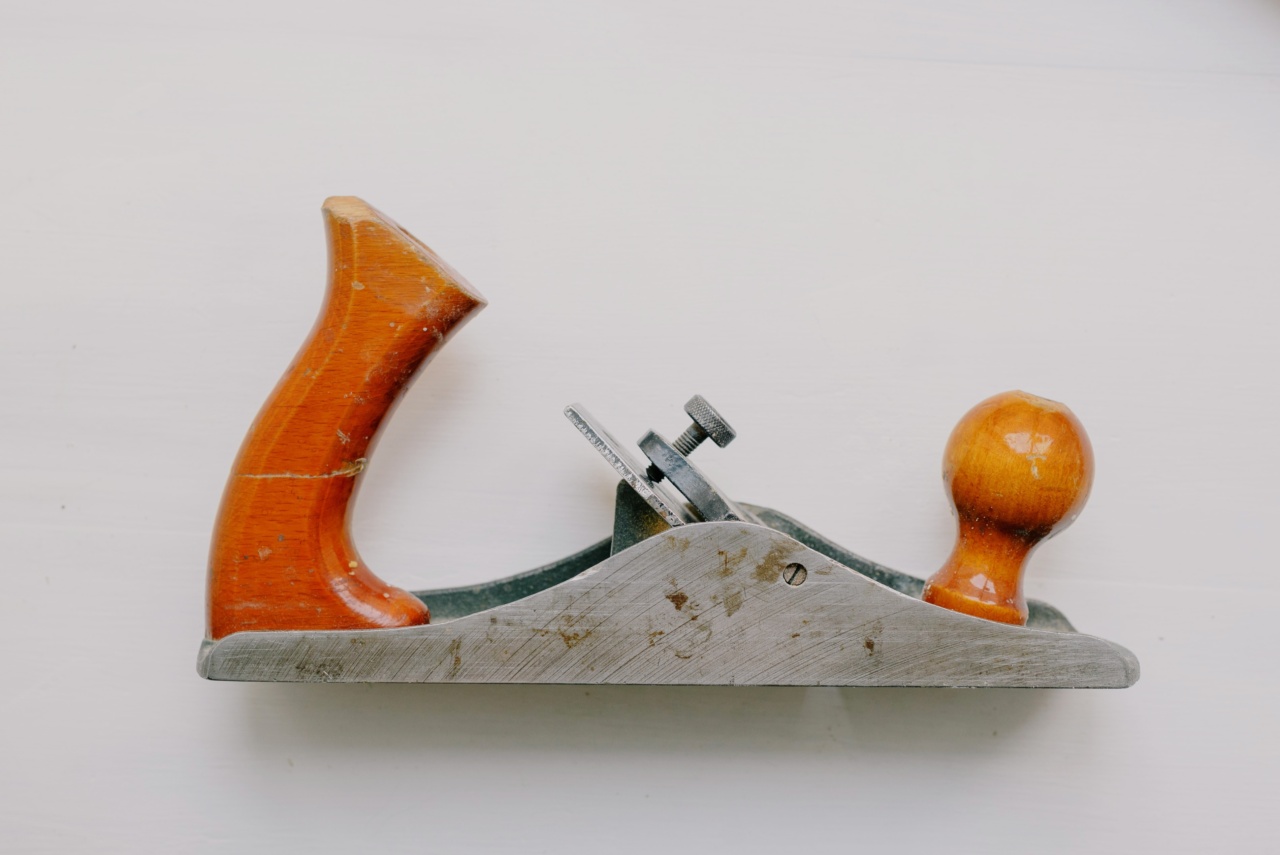Iron is an essential mineral that plays a vital role in the transportation of oxygen throughout our body. It is necessary for the formation of red blood cells and the overall functioning of our immune system.
However, many people suffer from iron deficiency, leading to serious health issues such as anemia. To prevent or treat iron deficiency, it is important to not only consume iron-rich foods but also enhance iron absorption in the body. In this article, we will discuss effective ways to increase iron absorption.
1. Consume Iron-Rich Foods
The first step in increasing iron absorption is to consume foods that are naturally rich in iron. Good sources of dietary iron include red meat, poultry, fish, legumes, nuts, seeds, and dark leafy greens.
These foods are packed with heme iron, which is easier for the body to absorb compared to non-heme iron found in plant-based sources.
2. Pair Iron-Rich Foods with Vitamin C
Vitamin C-rich foods can significantly enhance the absorption of non-heme iron. Pairing iron-rich foods with sources high in vitamin C, such as citrus fruits, berries, bell peppers, and tomatoes, can help increase iron uptake.
You can squeeze lemon or lime juice over your iron-rich meals, or enjoy a glass of orange juice alongside your iron-packed breakfast.
3. Cook Foods in Cast Iron Cookware
Cooking acidic foods in cast iron cookware can boost iron content in your meals. The iron from the cookware leaches into the food during the cooking process, increasing its iron content.
This technique is particularly helpful when preparing foods that are naturally acidic, like tomato sauce or lemon-infused dishes.
4. Avoid Consuming Iron Blockers
While certain foods can enhance iron absorption, others can hinder it. Avoid consuming foods or beverages that contain calcium, polyphenols (found in tea and coffee), or high levels of phytates (found in whole grains and legumes) during meals.
These compounds can bind to iron and inhibit its absorption. However, it is still important to consume these foods at other times as they provide various health benefits.
5. Soaking and Fermenting
Soaking and fermenting grains, legumes, and seeds can help reduce the levels of phytates, making the iron they contain more bioavailable to the body.
When cooking these foods, consider soaking them overnight and opting for fermentation techniques like sourdough bread or fermented legume-based dishes like tempeh.
6. Avoid Drinking Coffee or Tea with Meals
Both coffee and tea contain compounds that inhibit iron absorption. Drinking them with meals can reduce the absorption of iron from your food.
If possible, consume these beverages between meals instead of with your main meals to ensure maximum iron absorption.
7. Increase Stomach Acid Production
Adequate stomach acid production is necessary for proper iron absorption. If you have low stomach acid levels, your body may struggle to absorb iron efficiently.
To increase stomach acid production, try consuming foods rich in probiotics like yogurt, sauerkraut, or kimchi. Additionally, apple cider vinegar taken before meals can also help enhance stomach acid production.
8. Avoid Taking Calcium or Antacid Supplements with Iron
If you are taking iron supplements, make sure to avoid consuming calcium or antacid supplements at the same time. Calcium and antacids can interfere with iron absorption.
Take these supplements at least two hours apart from each other to ensure proper iron absorption.
9. Consume Iron Supplements with Vitamin C
If you have low iron levels or suffer from iron deficiency, your doctor may recommend iron supplements. To enhance their absorption, take iron supplements with a source of vitamin C.
This can be a glass of orange juice or consuming a vitamin C supplement along with your iron supplement. Be sure to follow your doctor’s recommended dosage.
10. Get Tested for Iron Levels Regularly
Lastly, it is important to get your iron levels tested regularly, especially if you have a history of iron deficiency. This will help you monitor your iron status and make necessary adjustments to your diet or supplementation routine.
Consult with your healthcare provider to determine the appropriate frequency for iron testing.
In conclusion, increasing iron absorption in the body is crucial for preventing or treating iron deficiency.
By consuming iron-rich foods, pairing them with vitamin C, cooking in cast iron cookware, avoiding iron blockers, soaking and fermenting foods, avoiding coffee and tea with meals, increasing stomach acid production, timing calcium and antacid supplements properly, taking iron supplements with vitamin C, and getting regularly tested for iron levels, you can effectively enhance iron absorption and maintain optimal iron levels in your body.






























